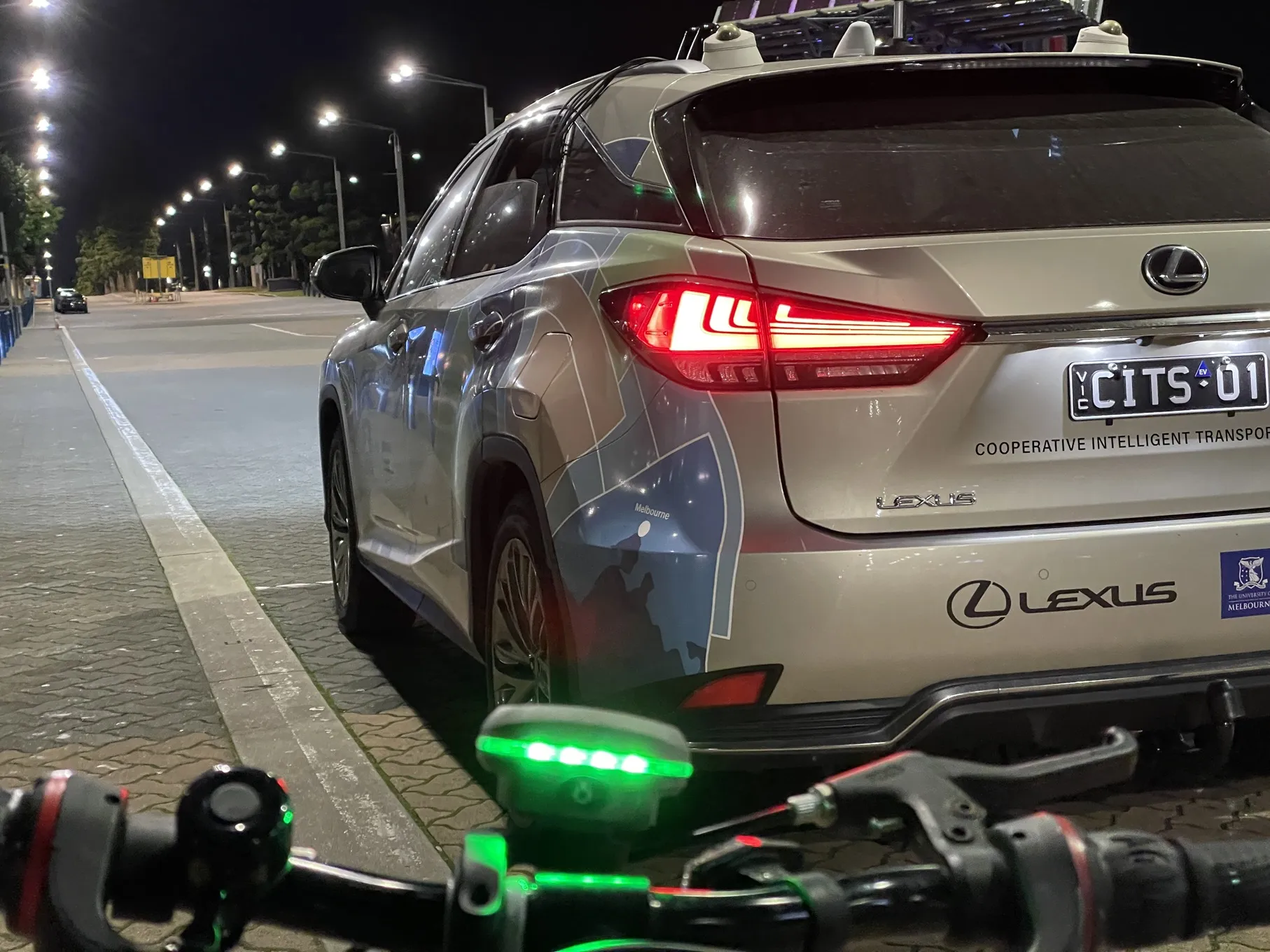Twelve European carmakers have agreed to step up cooperation to bring car-to-car communication to European roads through the use of a common deployment strategy. The companies, which cooperate in the Car 2 Car Communication Consortium, have said they want to have cooperative systems in place from 2015, taking account of EU technical specifications for message formats, security requirements and other requirements. According to the car manufacturers, “It is of great importance that all equipped vehicles are s
November 7, 2012
Read time: 2 mins
Twelve European carmakers have agreed to step up cooperation to bring car-to-car communication to European roads through the use of a common deployment strategy.
The companies, which cooperate in the Car 2 Car Communication Consortium, have said they want to have cooperative systems in place from 2015, taking account of EU technical specifications for message formats, security requirements and other requirements.
According to the car manufacturers, “It is of great importance that all equipped vehicles are speaking one language.” They added that in-vehicle systems developed by different manufacturers need to be interoperable and should use common European-wide communication standards.
The EU Commission is pushing for a broad range of IT initiatives to battle road congestion, reduce fuel consumption, lower harmful emissions and improve road safety.
Neelie Kroes, who is in charge of the EU’s digital agenda, said in a recent speech that IT will play a major role in creating smarter, more intelligent, integrated and cleaner mobility. “A big part of the transformation in the coming decades will come from new digital technology,” she said.
The CAR 2 CAR Communication Consortium is funded by European carmakers and supported by automotive suppliers and research institutes. The group includes carmakers such as2069 Daimler, 994 Volkswagen, 1731 BMW and 609 Volvo.
The companies, which cooperate in the Car 2 Car Communication Consortium, have said they want to have cooperative systems in place from 2015, taking account of EU technical specifications for message formats, security requirements and other requirements.
According to the car manufacturers, “It is of great importance that all equipped vehicles are speaking one language.” They added that in-vehicle systems developed by different manufacturers need to be interoperable and should use common European-wide communication standards.
The EU Commission is pushing for a broad range of IT initiatives to battle road congestion, reduce fuel consumption, lower harmful emissions and improve road safety.
Neelie Kroes, who is in charge of the EU’s digital agenda, said in a recent speech that IT will play a major role in creating smarter, more intelligent, integrated and cleaner mobility. “A big part of the transformation in the coming decades will come from new digital technology,” she said.
The CAR 2 CAR Communication Consortium is funded by European carmakers and supported by automotive suppliers and research institutes. The group includes carmakers such as









